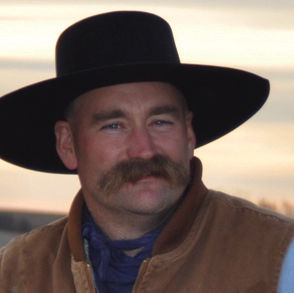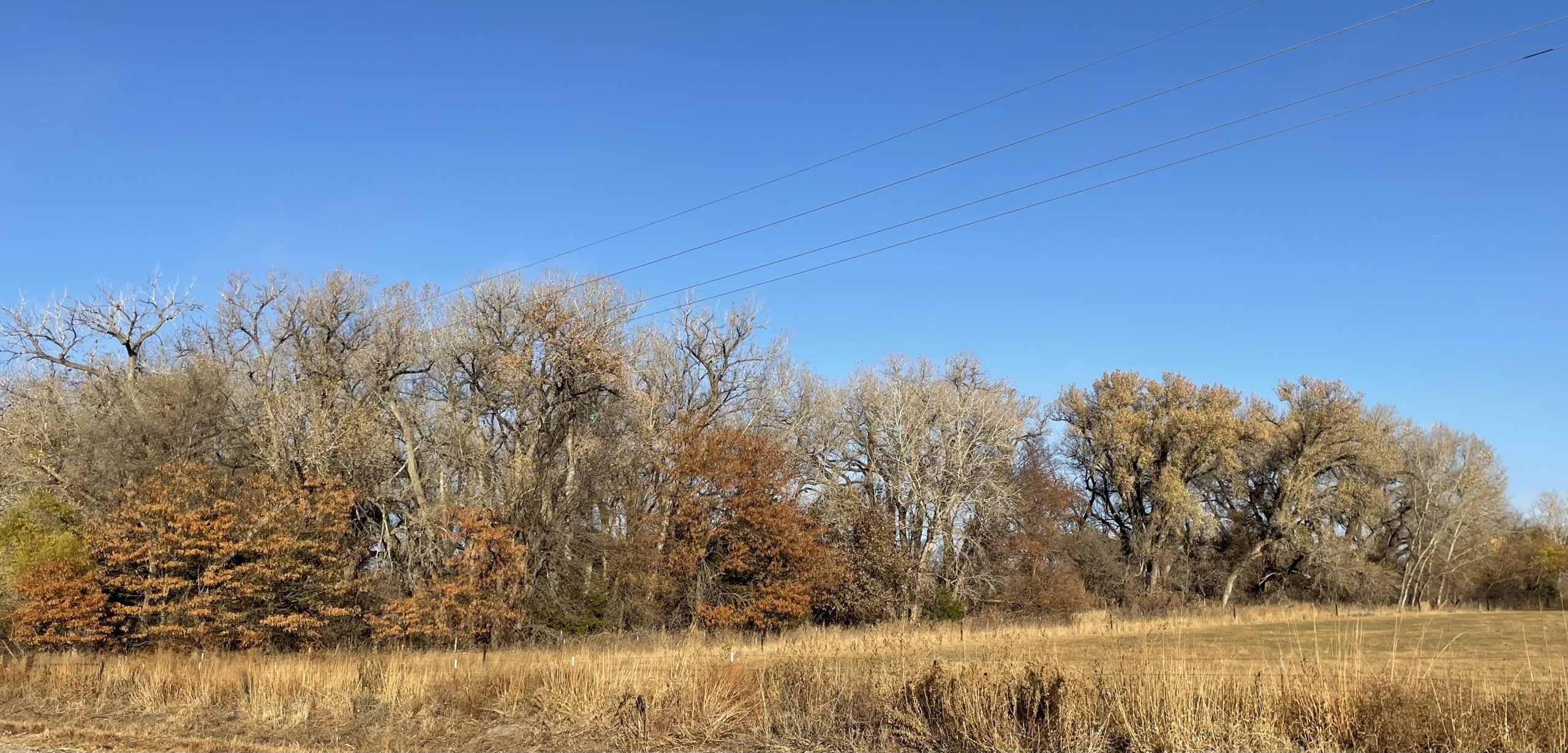As we now find ourselves in the midst of Thanksgiving 2023, I find myself asking questions I have never asked before. We were all told about the origin of Thanksgiving in our social studies classes.
Outlets like the History Channel have details about the “networking” of Pilgrims and American Indians working together for survival. But thanks to the world we have lived in for the last 3 years, I am asking questions like never before.

For example, the History Channel tell us things like this:
“Throughout that first brutal winter, most of the colonists remained on board the ship, where they suffered from exposure, scurvy and outbreaks of contagious disease. Only half of the Mayflower’s original passengers and crew lived to see their first New England spring. In March, the remaining settlers moved ashore, where they received an astonishing visit from a member of the Abenaki tribe who greeted them in English.”
In 1620, how did this Indian know fluent English?
“Several days later, he returned with another Native American, Squanto, a member of the Pawtuxet tribe who had been kidnapped by an English sea captain and sold into slavery before escaping to London and returning to his homeland on an exploratory expedition. Squanto taught the Pilgrims, weakened by malnutrition and illness, how to cultivate corn, extract sap from maple trees, catch fish in the rivers and avoid poisonous plants. He also helped the settlers forge an alliance with the Wampanoag, a local tribe, which endured for more than 50 years and remains one of the sole examples of harmony between European colonists and Native Americans.”
OK, that seems to be a stretch to me that one man, returning home from servitude, is now teaching English, but that is not my real question. Why is it that the men that came from England in 1620 did not have a clue how to catch a fish, pick berries or plant something that would grow so they could harvest it?
I did a little research into the food and drink of that time period in England. I have read a few accounts of travelers in 17th century England and it looked exactly like it does today. However, what I stumbled onto turns out to be much more interesting. The reason, which is not hidden but certainly was not properly taught, is the religious persecution that led these “saints” to get on two ships and head to the New World. One ship did spring a leak immediately and returned to Plymouth, England. Yes, they gave the place they arrived at in Massachusetts the same name as the port they had just left.
Before I get to the Puritan Separatists who called themselves “saints” let’s take a peek at the class food groups of the 17th century English citizens.
For the upper and middle class, life grew more comfortable but for the poor, life changed little. At the end of the 17th century, a writer estimated that half the population could afford to eat meat every day. While about 30% could afford to eat meat between two to six times a week. In other words, about 50% of the people were wealthy or at least reasonably well off. The bottom 20% could only eat meat once a week.
The real reason the “saints” endured a dangerous 66-day ride on the Mayflower was because of the Church of England. The reason the Founding Fathers of our nation clearly included the separation of church and state in the First Amendment was because the King of England and the Church of England were one and the same. If you did not comply to their religious rules, you were persecuted and typically put to death.
The English monarchy insisted that the Puritans conform to religious practices that they abhorred, removing their ministers from office and threatening them with “extirpation from the earth” if they did not fall in line.
Interestingly, the origin of the original Thanksgiving was about giving thanks to God. It was Abraham Lincoln that first issued a proclamation that all American’s ask God to “commend to his tender care all those who have become widows, orphans, mourners or sufferers in the lamentable civil strife” and to “heal the wounds of the nation” in 1863.
Despite the ways of the world today, Thanksgiving is not the signal that the Christmas shopping season is about to begin. It is actually about our opportunity to say thank you to God. This year it seems even more important than ever that we exercise our religious freedom as well as our ability to be caretakers of His creation and improve those resources for the benefit of all mankind.
Editor’s note: The views expressed here are the author’s own and do not represent the views of High Plains Journal. Trent Loos is a sixth generation United States farmer, host of the daily radio show, Loos Tales, and founder of Faces of Agriculture, a non-profit organization putting the human element back into the production of food. Get more information at www.LoosTales.com, or email Trent at [email protected].

